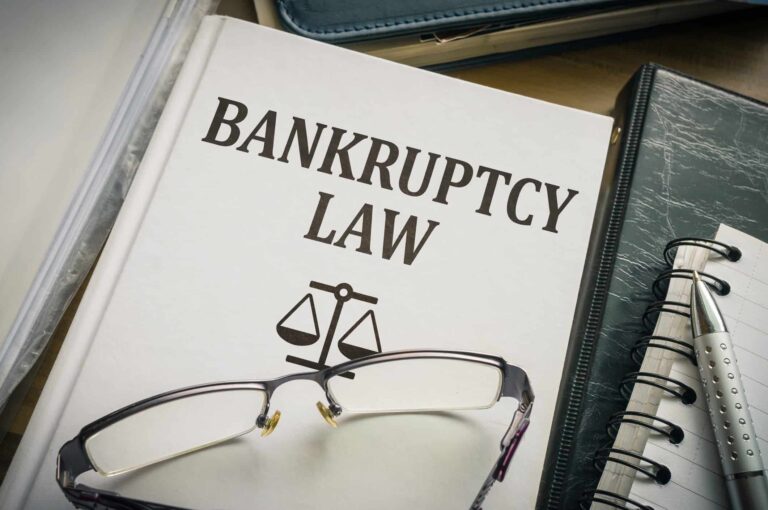How Do I Qualify for Chapter 7 Bankruptcy in Nevada?
No one wants to face something like bankruptcy, but sometimes it is inevitable. And there are even times when it can be a welcome relief from the years of struggling with debt, collection calls, and other issues. However, not everyone can qualify for bankruptcy and there are different types of filings to consider. Chapter 7 is the most common for the average Nevada resident, and it’s fairly simple to qualify.
Of course, you’ll also have to bear in mind that Chapter 7 bankruptcy in Nevada (or anywhere, for that matter) won’t eliminate all of your debts. It can take care of most of them, but if you’ve got child support, student loans, or other unique types of debt, you might have to find a different way to get relief.
Chapter 7 Bankruptcy Qualifications
In Nevada, those who qualify for Chapter 7 will be able to use bankruptcy to have debts discharged, including:
- Credit card debts
- Medical bills
- Personal loans
- Personal judgments
- Some old tax debts
- Old utility bills
You can’t get rid of secured debts like mortgages and car loans unless you are willing to surrender the asset. Plus, the lender must accept that as payment in full for the amount owed, which rarely happens. That’s why most people keep their houses and cars or find other ways to reduce those bills.
Means Test
Nevada residents must also pass a “means test” if they want to file for Chapter 7 bankruptcy. Essentially, they must prove that they earn less than the state’s median income, even if they don’t meet the income limits set forth by Nevada bankruptcy laws. This shows that they do not have the financial means to repay their debt, nor will they have them anytime in the near future.
The Income Limits for Nevada
In the state of Nevada, there are income limits on bankruptcy filing with Chapter 7. Those are listed as follows:
| Household Size | Annual Income Limit |
| 1 | $54,394 |
| 2 | $69,804 |
| 3 | $77,536 |
| 4 | $84,674 |
| 5 | $93,764 |
| 6 | $102,764 |
If you are outside of these limits, you may have to file Chapter 13 bankruptcy where you will be required to repay at least a portion of your debts.
The Pros and Cons of Chapter 7 Bankruptcy
Nevada residents who are looking to get relief from serious financial strain could benefit from bankruptcy in several ways. However, it does have some cons that make it worth being a last resort for financial relief.
Pros:
- Affordable compared to other debt relief options
- Stops collections and lawsuits
- No more credit deficiencies
- Can keep your home and personal belongings
- Can often be discharged and done in about 120 days
Cons:
- Income requirements
- Negative credit impact
- Some debts can’t be discharged
- You may lose your home if you are above income limits
- Can be hard to prevent foreclosure in the future
The best thing that you can do is consult with a Nevada bankruptcy lawyer regarding your situation. The experienced attorneys at DeLuca Associates can offer a free consultation to help you determine if Chapter 7 bankruptcy can provide the relief that you need.






